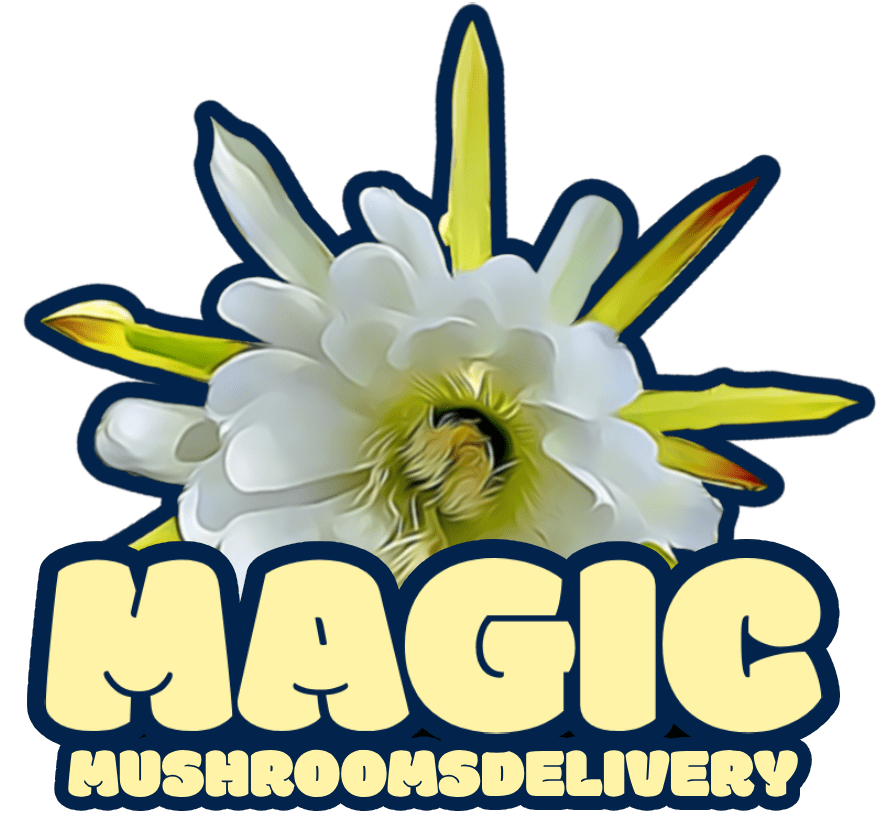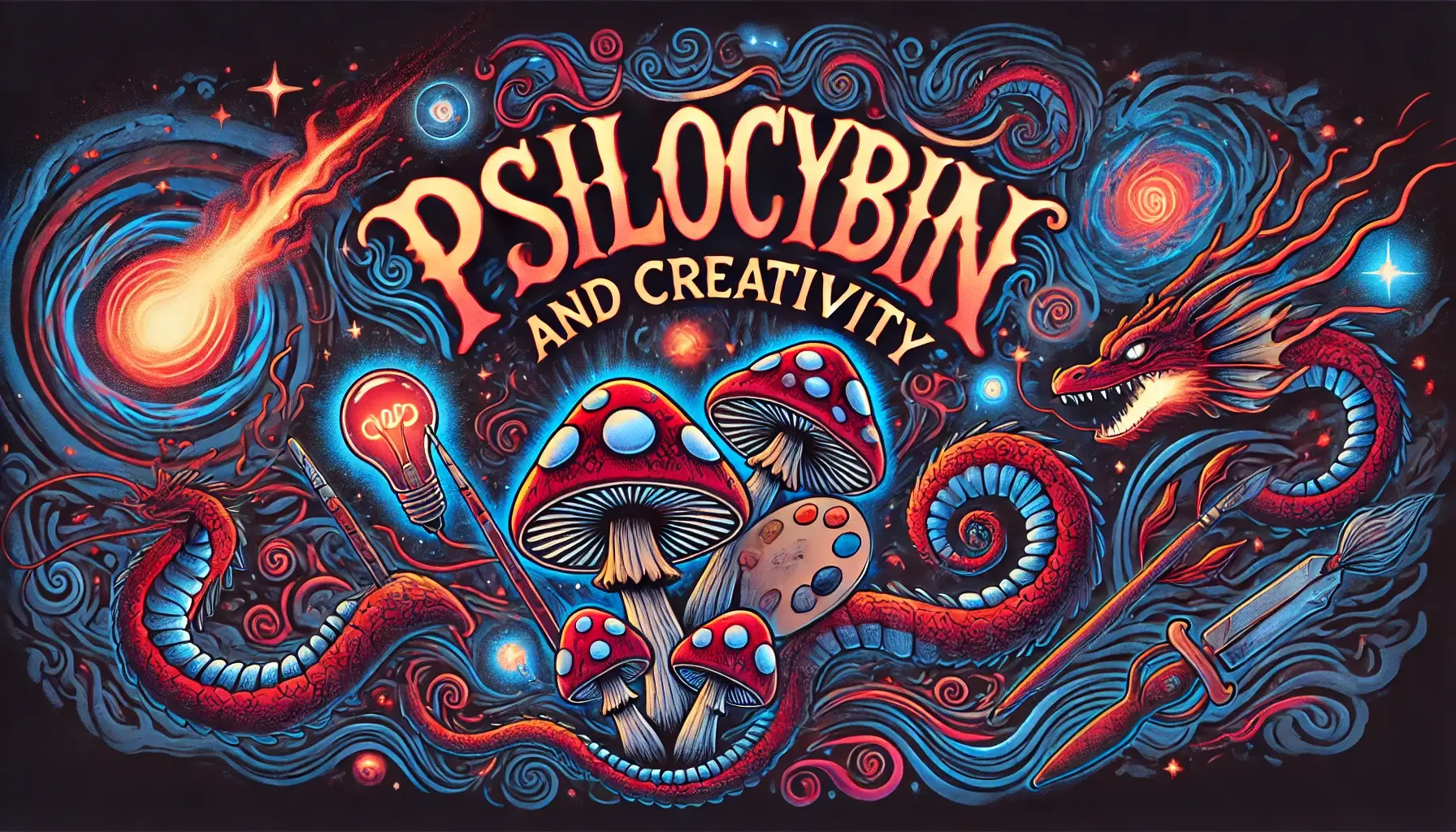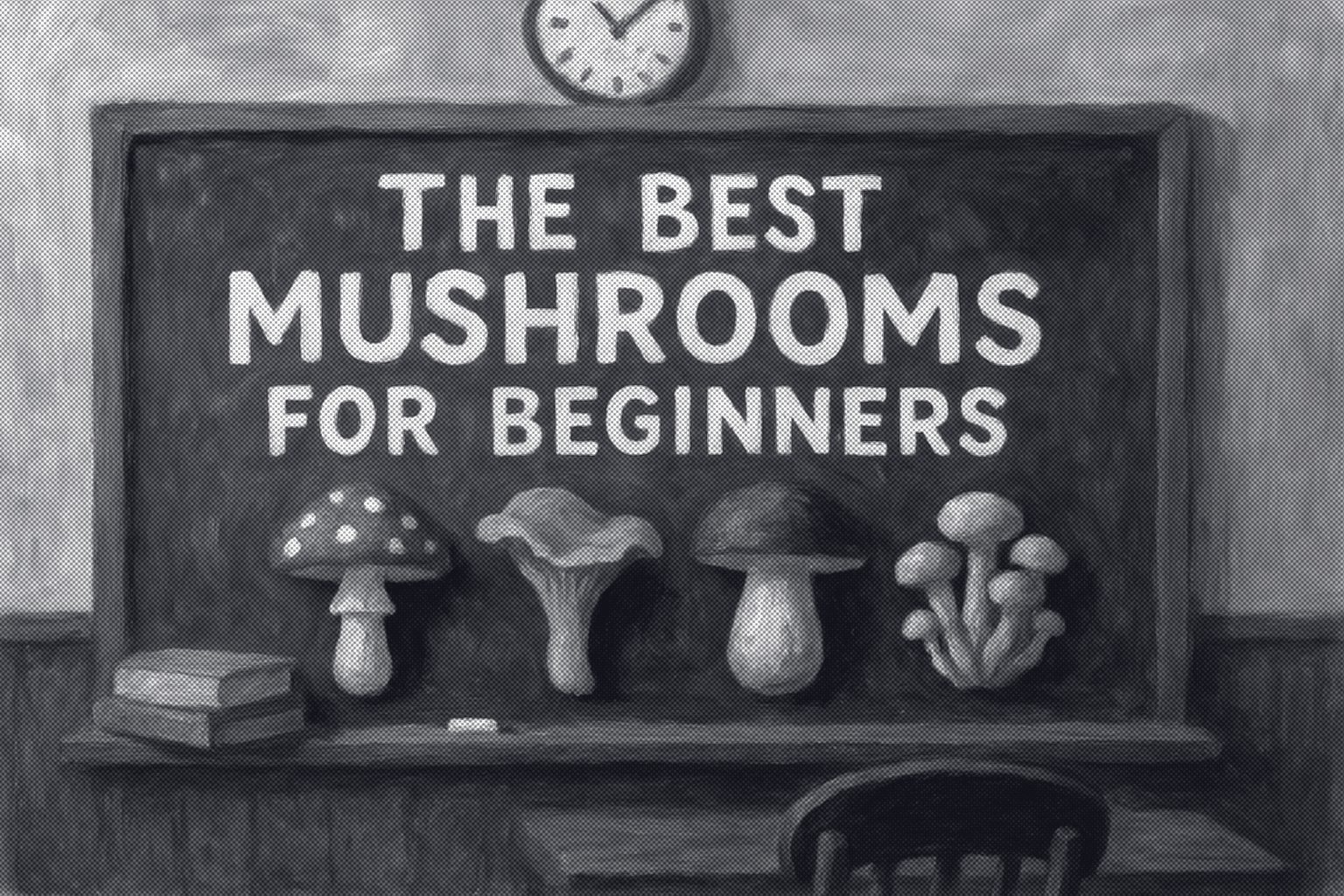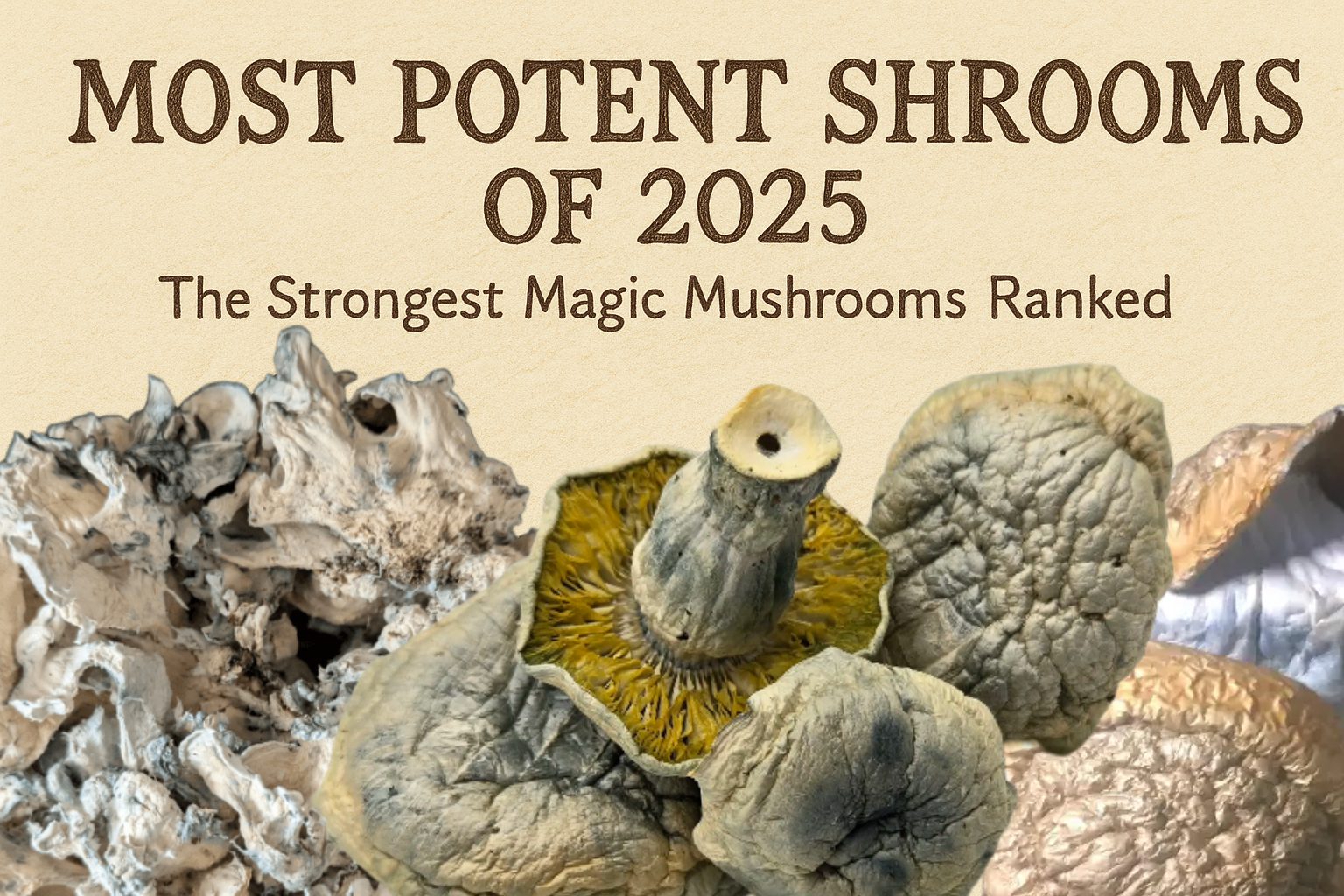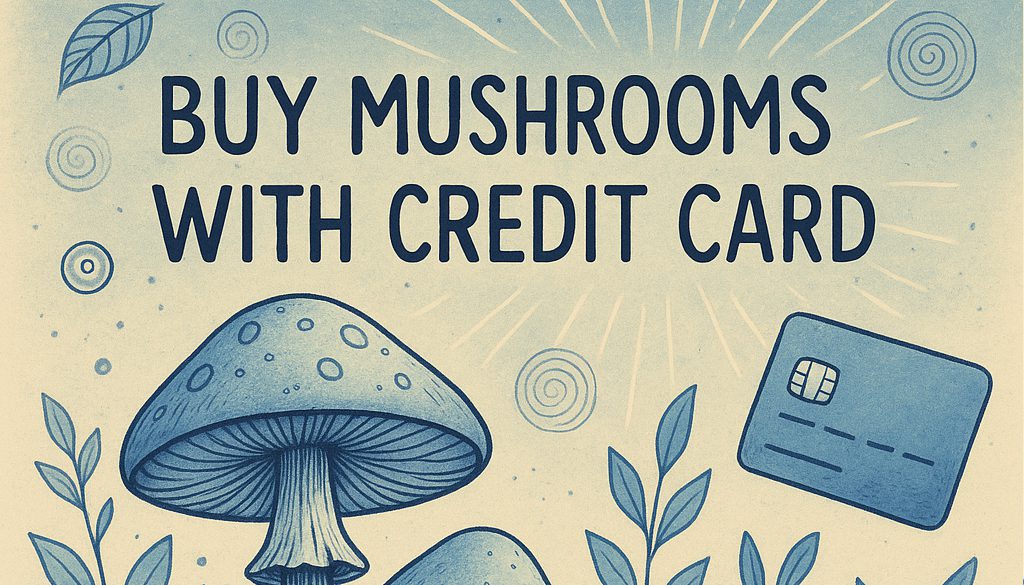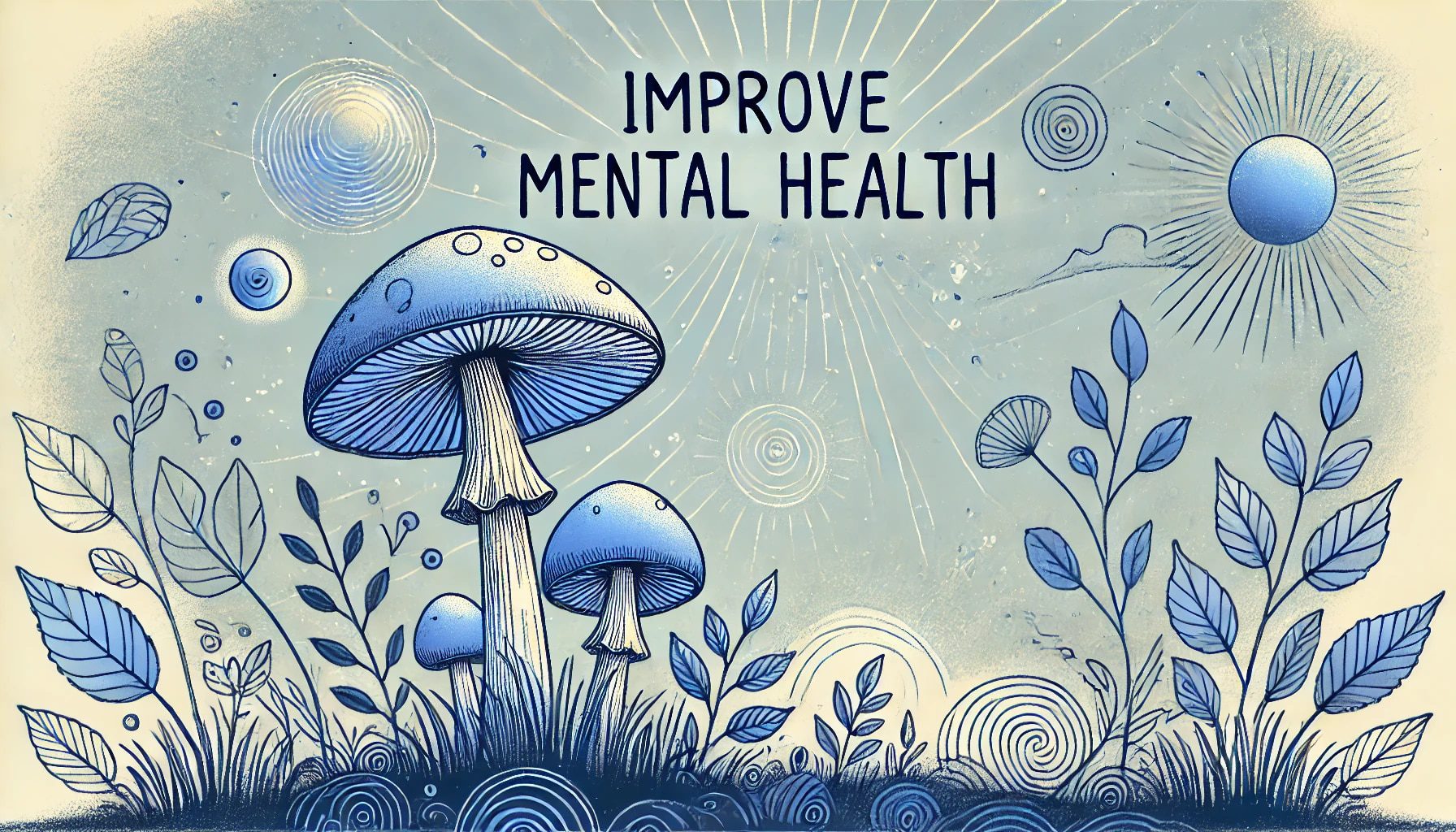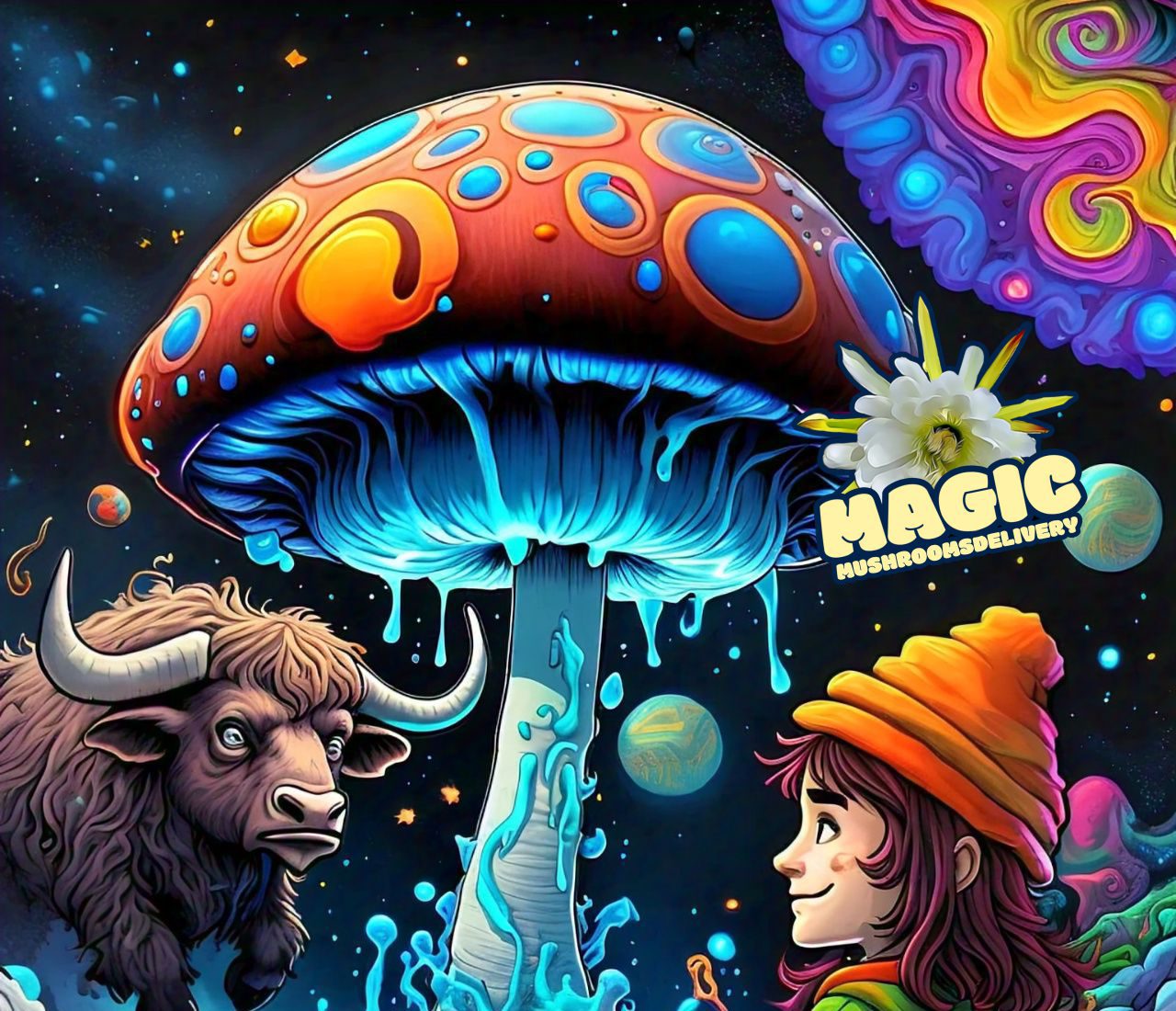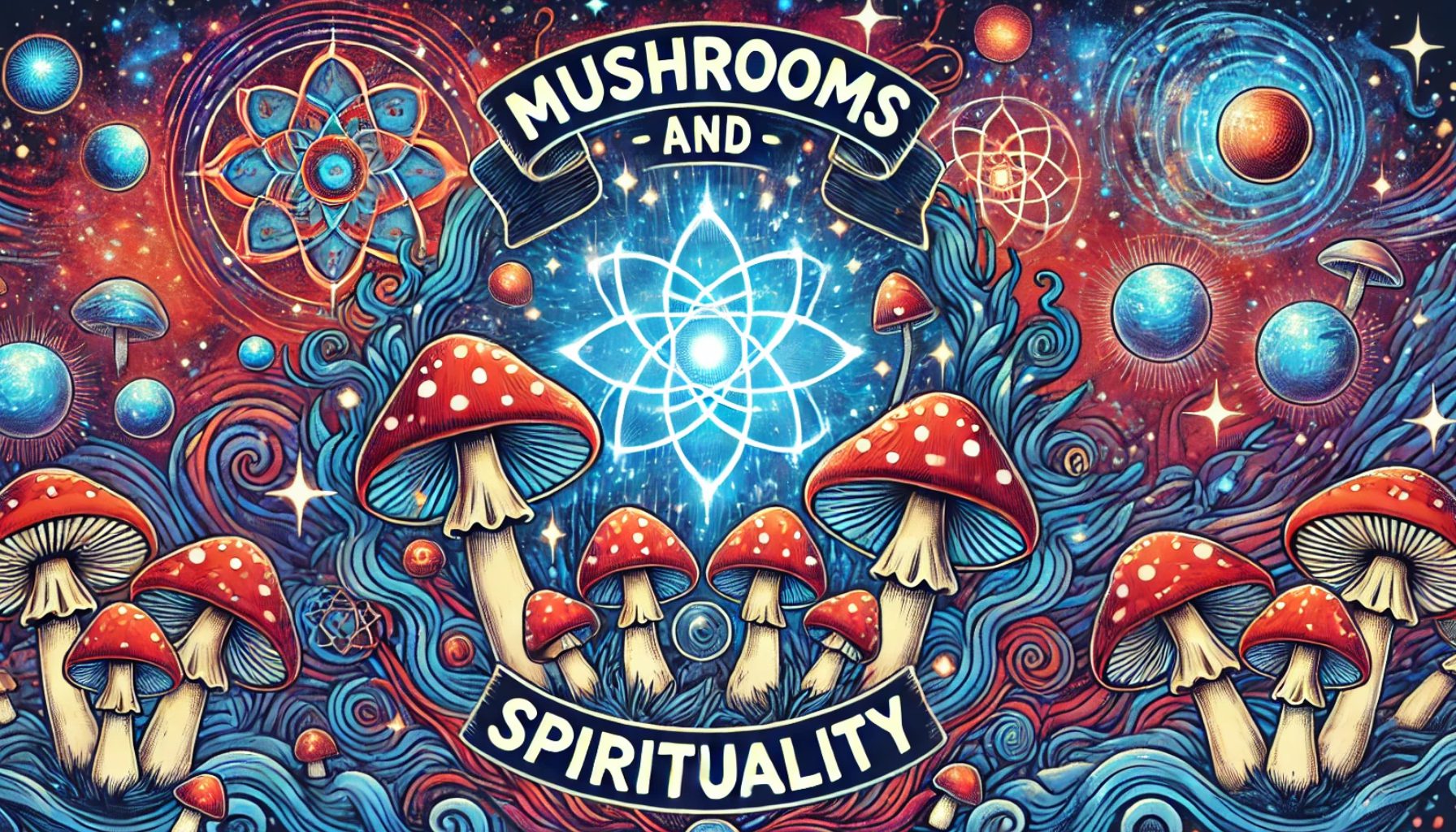

Psilocybin and Spirituality
Have you ever wondered about the mystical experiences that ancient cultures spoke of? Well, buckle up, because we’re about to embark on a mind-bending journey exploring the fascinating intersection of psilocybin and spirituality! Did you know that 54% of participants in a Johns Hopkins study reported that their psilocybin experience was among the most meaningful in their lives? That’s right – this humble mushroom compound is opening doors to profound spiritual insights and personal growth.
In this article, we’ll dive deep into the world of psilocybin-induced mystical experiences, their potential benefits, and the ongoing research that’s reshaping our understanding of consciousness and spirituality.
Here’s a few key findings that might just blow your mind:
- Ancient wisdom: Psilocybin-containing mushrooms have been used in spiritual practices for thousands of years.
- Brain rewiring: Psilocybin can dramatically alter brain connectivity, potentially leading to profound shifts in perception and consciousness.
- Mystical experiences: Many users report encounters with the divine, a sense of unity with the universe, and a .
- Lasting impact: These experiences can lead to long-term positive changes in personality, outlook, and overall well-being.
- Therapeutic potential: Research suggests psilocybin may be effective in treating various mental health conditions, including depression and addiction.
If you’re just interested in getting to the spiritual mushrooms, here’s the best magic mushrooms for spiritual experiences.
The Historical Connection Between Psilocybin and Spirituality
The relationship between psilocybin and spirituality is as old as human civilization itself. Ancient cultures across the globe have revered psilocybin-containing mushrooms as sacred plants, using them in religious rituals and spiritual practices for millennia.
In Mesoamerica, the Aztecs referred to these mushrooms as “teonanácatl,” which translates to “flesh of the gods.” They believed that consuming these mushrooms allowed them to communicate with deities and gain profound insights into the nature of reality. Similarly, indigenous cultures in South America incorporated psilocybin mushrooms into their shamanic practices, using them as tools for healing, divination, and spiritual growth.
Across the ocean, in Europe and Asia, various cultures also had their own traditions involving psychedelic mushrooms. The Siberian shamans, for instance, used the fly agaric mushroom (Amanita muscaria) in their spiritual ceremonies, believing it to be a gateway to other realms of consciousness.
However, with the advent of organized religions and later, the criminalization of psychedelics in the 20th century, the use of psilocybin for spiritual purposes was largely suppressed. It wasn’t until the 1950s and 60s that Western science began to rediscover the potential of psilocybin, thanks to researchers like R. Gordon Wasson and Albert Hofmann.
Today, we’re witnessing a renaissance in psychedelic research, with psilocybin at the forefront. This resurgence is not only shedding light on the compound’s therapeutic potential but also rekindling interest in its spiritual dimensions.
Understanding Psilocybin’s Effects on the Brain
To truly appreciate the spiritual experiences induced by psilocybin, we need to understand how it affects the brain. Psilocybin is a prodrug that is converted to psilocin in the body. Psilocin then acts on serotonin receptors, particularly the 5-HT2A receptor, leading to profound alterations in perception, cognition, and emotion.
When psilocybin enters the brain, it causes a cascade of neurological changes. Brain imaging studies have shown that psilocybin increases connectivity between brain regions that don’t typically communicate with each other. This increased connectivity is thought to be responsible for the sense of unity and interconnectedness often reported during psychedelic experiences.
One of the most intriguing effects of psilocybin is its impact on the Default Mode Network (DMN). The DMN is a network of brain regions that’s active when we’re engaged in self-referential thinking – essentially, it’s the neural basis of our ego.
The Default Mode Network and Ego Dissolution
The DMN plays a crucial role in maintaining our sense of self and our narrative about who we are. It’s active when we’re daydreaming, thinking about the past or future, or engaging in self-reflection. However, an overactive DMN has been linked to conditions like depression and anxiety, where people get stuck in negative thought patterns.
Psilocybin appears to temporarily suppress the DMN, leading to a phenomenon known as “ego dissolution.” During this state, individuals often report a loss of the boundaries between self and other, a sense of unity with the universe, and a dissolution of their usual sense of identity. This experience is often described as profoundly spiritual and can lead to lasting changes in one’s worldview and sense of self.
As one study on the neural correlates of the psychedelic experience puts it, “Psychedelics may work by dismantling reinforced patterns of negative thinking and catalyzing new perspectives and insights.”
Mystical Experiences and Their Characteristics
Mystical experiences induced by psilocybin share many characteristics with naturally occurring spiritual experiences reported throughout history. These experiences often include:
- A sense of unity or interconnectedness with all things
- Transcendence of time and space
- A deep sense of sacredness or reverence
- Encounters with seemingly divine or transcendent beings
- Ineffability, or the difficulty in describing the experience in words
- Paradoxicality, where contradictory ideas seem to be simultaneously true
- A noetic quality, or a sense of gaining profound insights or knowledge
What’s particularly fascinating is that these experiences, whether induced by psilocybin or occurring spontaneously, often lead to long-term changes in personality, beliefs, and worldviews. Many individuals report a decreased fear of death, increased openness to experience, and a deeper sense of connection to nature and others.
Psilocybin and Personal Transformation
The potential for personal transformation is perhaps one of the most exciting aspects of psilocybin-induced spiritual experiences. Research has shown that psilocybin, when used in controlled settings, can lead to significant improvements in psychological well-being and personal growth.
One area where psilocybin shows particular promise is in the treatment of addiction. A study conducted at Johns Hopkins University found that psilocybin-assisted therapy led to significantly higher rates of smoking cessation compared to traditional treatments. Participants often reported that the psilocybin experience gave them a new perspective on their addiction and their life in general.
Similarly, research has shown potential for psilocybin in treating depression, anxiety, and end-of-life distress. Many participants in these studies report that the psilocybin experience helped them confront and process deep-seated emotional issues, leading to profound healing and personal growth.
Beyond its therapeutic potential, psilocybin has also been associated with enhanced creativity and problem-solving abilities. Many users report gaining new insights into personal or professional challenges during their psychedelic experiences. This has led some researchers to explore the potential of “microdosing” – taking sub-perceptual doses of psychedelics – for cognitive enhancement.
Perhaps most profoundly, psilocybin experiences often foster a deep sense of empathy and connectedness. Many users report feeling a greater sense of compassion for others and a stronger connection to nature and the world around them. This increased sense of interconnectedness can lead to positive changes in personal relationships and a greater commitment to environmental and social causes.
The Science Behind Psilocybin-Induced Spiritual Experiences
As fascinating as anecdotal reports are, scientists have been working hard to understand the neurological and psychological underpinnings of psilocybin-induced spiritual experiences. Recent years have seen a surge in rigorous scientific studies exploring the effects of psilocybin on the brain and consciousness.
Neuroimaging studies have provided intriguing insights into what happens in the brain during psilocybin experiences. As mentioned earlier, psilocybin appears to increase connectivity between different brain regions, leading to a more integrated and fluid state of consciousness. This increased connectivity is particularly pronounced between areas of the brain that don’t typically communicate directly.
One study using fMRI scans found that under the influence of psilocybin, the brain enters a state of “unconstrained cognition.” In this state, the usual patterns of brain activity are disrupted, allowing for new and unusual connections to form. This could explain the novel insights and perspectives often reported during psychedelic experiences.
Psychological assessments have also provided valuable data on the nature and impact of psilocybin-induced experiences. The Mystical Experience Questionnaire (MEQ), developed by researchers at Johns Hopkins University, has been used to quantify the mystical aspects of psychedelic experiences. Studies using the MEQ have consistently found that the intensity of the mystical experience correlates with positive long-term outcomes.
These scientific findings are reshaping our understanding of consciousness and the potential for profound spiritual experiences. They suggest that what we typically consider “normal” consciousness is just one of many possible states, and that compounds like psilocybin can provide access to other, potentially valuable states of consciousness.
Integrating Psilocybin Experiences into Spiritual Practice
While the potential benefits of psilocybin are exciting, it’s crucial to approach these experiences with intention and care. The concept of “set and setting” is paramount in the world of psychedelics. “Set” refers to one’s mindset going into the experience, while “setting” refers to the physical and social environment in which the experience takes place.
Preparation is key to a meaningful and positive psilocybin experience. This often involves setting clear intentions, addressing any anxieties or concerns, and creating a safe and comfortable environment. Many people find it helpful to engage in practices like meditation or journaling in the days leading up to a psilocybin session.
The integration process following a psilocybin experience is equally important. This involves reflecting on the insights gained during the experience and finding ways to apply them in everyday life. Many people find it helpful to work with a therapist or integration coach to process their experiences and make lasting changes.
Interestingly, many users report that combining psilocybin with other spiritual practices can enhance both. For example, some find that meditation becomes deeper and more insightful after a psilocybin experience. Others report that regular mindfulness practice helps them maintain the sense of presence and interconnectedness they experienced during their psilocybin journey.
Ethical and Legal Considerations
Despite its potential benefits, psilocybin remains a controlled substance in most countries. In the United States, it’s classified as a Schedule I drug, meaning it’s considered to have a high potential for abuse and no accepted medical use. However, this classification is increasingly being challenged by scientific research and changing public opinion.
Several cities in the U.S. have decriminalized psilocybin, and Oregon became the first state to legalize its use in supervised therapeutic settings in 2020. Internationally, countries like the Netherlands and Jamaica have more relaxed laws regarding psilocybin-containing mushrooms.
The use of psychedelics for spiritual purposes raises important ethical questions. While many argue for cognitive liberty – the right to control one’s own consciousness – others express concerns about potential risks and misuse. It’s crucial to approach these powerful compounds with respect and responsibility.
Harm reduction strategies are essential for those who choose to use psilocybin. These include starting with low doses, having a trusted sitter present, and avoiding use if you have a personal or family history of certain mental health conditions.
A New Frontier of Consciousness Exploration
As we’ve journeyed through the fascinating world of psilocybin and spirituality, it’s clear that we’re standing on the brink of a new frontier in consciousness exploration. From ancient shamanic rituals to cutting-edge neuroscience, psilocybin continues to offer profound insights into the nature of consciousness, spirituality, and the human experience.
The potential for personal growth, healing, and spiritual awakening offered by psilocybin is truly exciting. As research continues to unfold, we may be entering a new era of understanding in mental health treatment and consciousness studies.
However, it’s crucial to approach this powerful tool with respect, responsibility, and a commitment to safety. As we move forward, the challenge will be to integrate these experiences and insights into our lives and societies in ways that are ethical, beneficial, and aligned with our deepest values.
So, are you ready to explore the depths of your consciousness and expand your understanding of reality? The choice is yours, but one thing’s for sure – the intersection of psilocybin and spirituality is a frontier that’s definitely worth exploring!
Disclaimer: Psilocybin is a controlled substance in many jurisdictions. This article is for informational purposes only and does not constitute medical advice or encouragement to use illegal substances. Always consult with a healthcare professional and follow local laws and regulations.
Christina Perrows
Table of Contents
Canada’s Mushroom Dispensary
Calgary
We deliver magic mushrooms same day in Calgary. Enjoy quick delivery within 60 minutes anywhere within city limits between 10am and 9pm daily.
Canada
Canada's magic mushroom delivery service. We bring shrooms to your place in 1 - 4 days depending where you are in Canada. Shrooms near me? We have you covered.
Be first on the list to get notified about our sales, new genetics and drops before they sell out!

